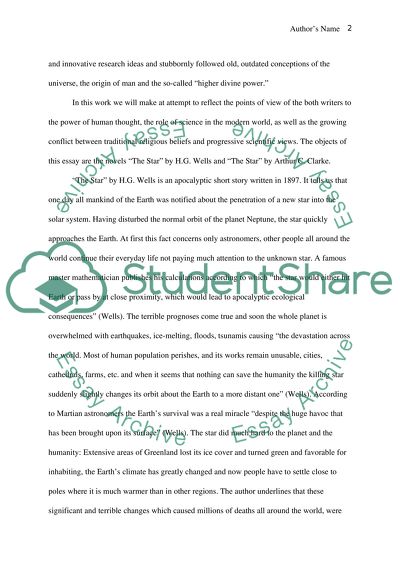Cite this document
(“Literary Criticism on The Star by H.G. Wells Research Paper”, n.d.)
Retrieved from https://studentshare.org/family-consumer-science/1416562-literary-criticism-on-the-star-by-hg-wells
Retrieved from https://studentshare.org/family-consumer-science/1416562-literary-criticism-on-the-star-by-hg-wells
(Literary Criticism on The Star by H.G. Wells Research Paper)
https://studentshare.org/family-consumer-science/1416562-literary-criticism-on-the-star-by-hg-wells.
https://studentshare.org/family-consumer-science/1416562-literary-criticism-on-the-star-by-hg-wells.
“Literary Criticism on The Star by H.G. Wells Research Paper”, n.d. https://studentshare.org/family-consumer-science/1416562-literary-criticism-on-the-star-by-hg-wells.


